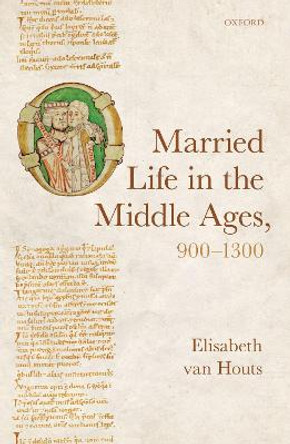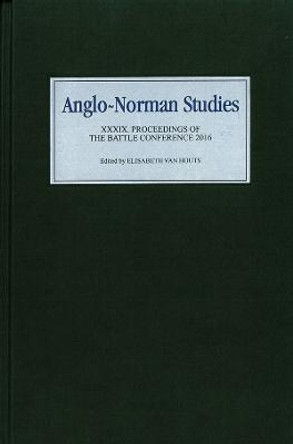Remembering the past in the Middle Ages is a subject that is usually perceived as a study of chronicles and annals written by monks in monasteries. Following in the footsteps of early Christian historians such as Eusebius and St Augustine, the medieval chroniclers are thought of as men isolated in their monastic institutions, writing about the world around them. As the sole members of their society versed in literacy, they had a monopoly on the knowledge of the past as preserved in learned histories, which they themselves updated and continued. A self-perpetuating cycle of monks writing chronicles, which were read, updated and continued by the next generation, so the argument goes, remained the vehicle for a narrative tradition of historical writing for the rest of the Middle Ages. Elisabeth van Houts forcefully challenges this view and emphasises the collaboration between men and women in the memorial tradition of the Middle Ages through both narrative sources (chronicles, saints' lives and miracles) and material culture (objects such as jewellery, memorial stones and sacred vessels). Men may have dominated the pages of literature from the period, but they would not have had half the stories to write about if women had not told them: thus the remembrance of the past was a human experience shared equally between men and women.
Springer Book ArchivesAbout the AuthorELISABETH VAN HOUTS is Lecturer in Medieval History at Emmanuel College, Cambridge.
Reviews'Van Houts is much too experienced a historian to overstate women's contribution to the memorialising of the medieval past: what she rightly insists on, and what gives this book its cutting edge, is that women's contribution be recognised as important and distinctive...she has produced a book that's timely, path-breaking, and emphatically more than the sum of its parts.' - Janet L. Nelson, Gender and History
Book InformationISBN 9780333568590
Author Elisabeth Van HoutsFormat Paperback
Page Count 196
Imprint Palgrave MacmillanPublisher Palgrave Macmillan








